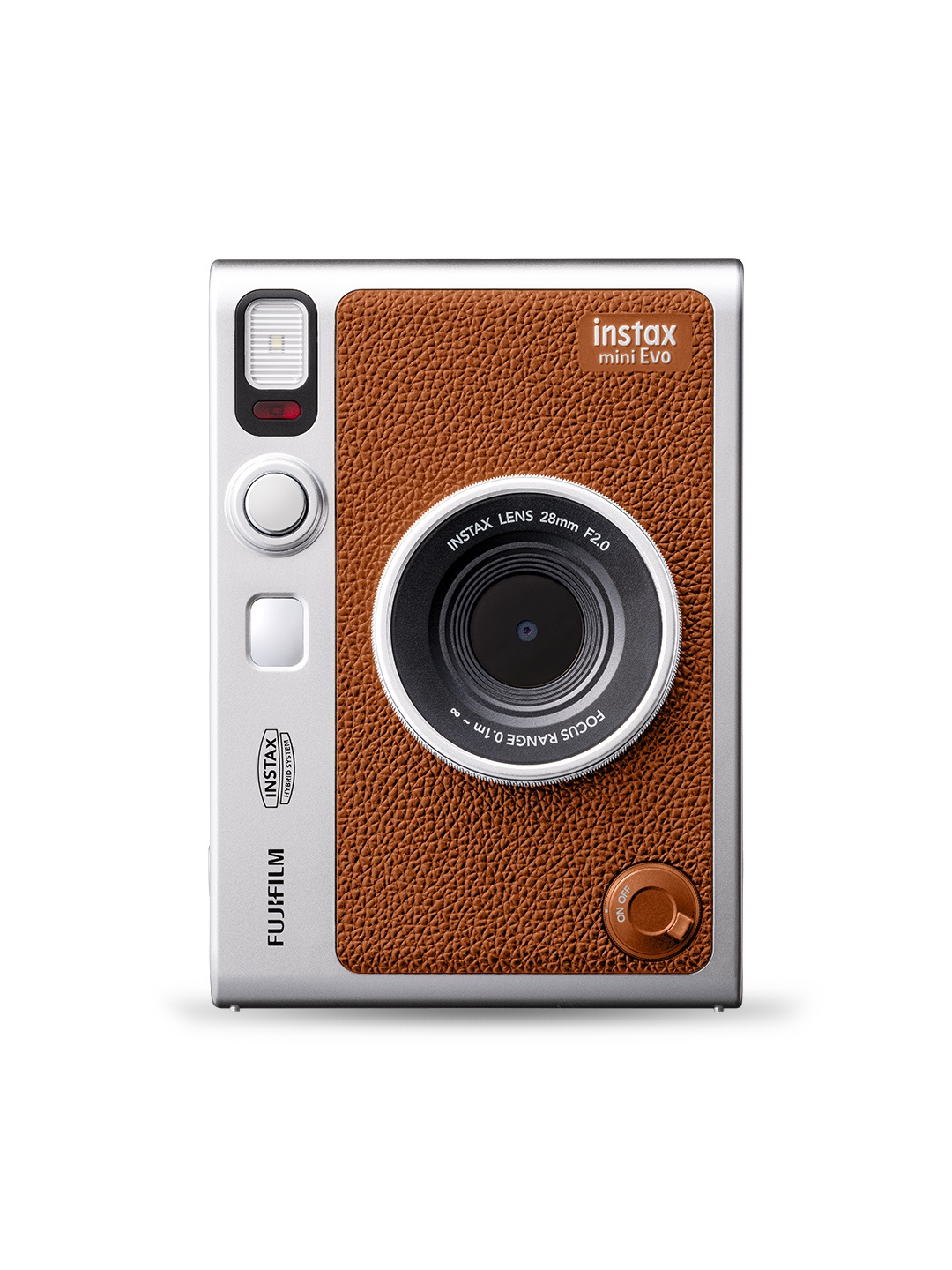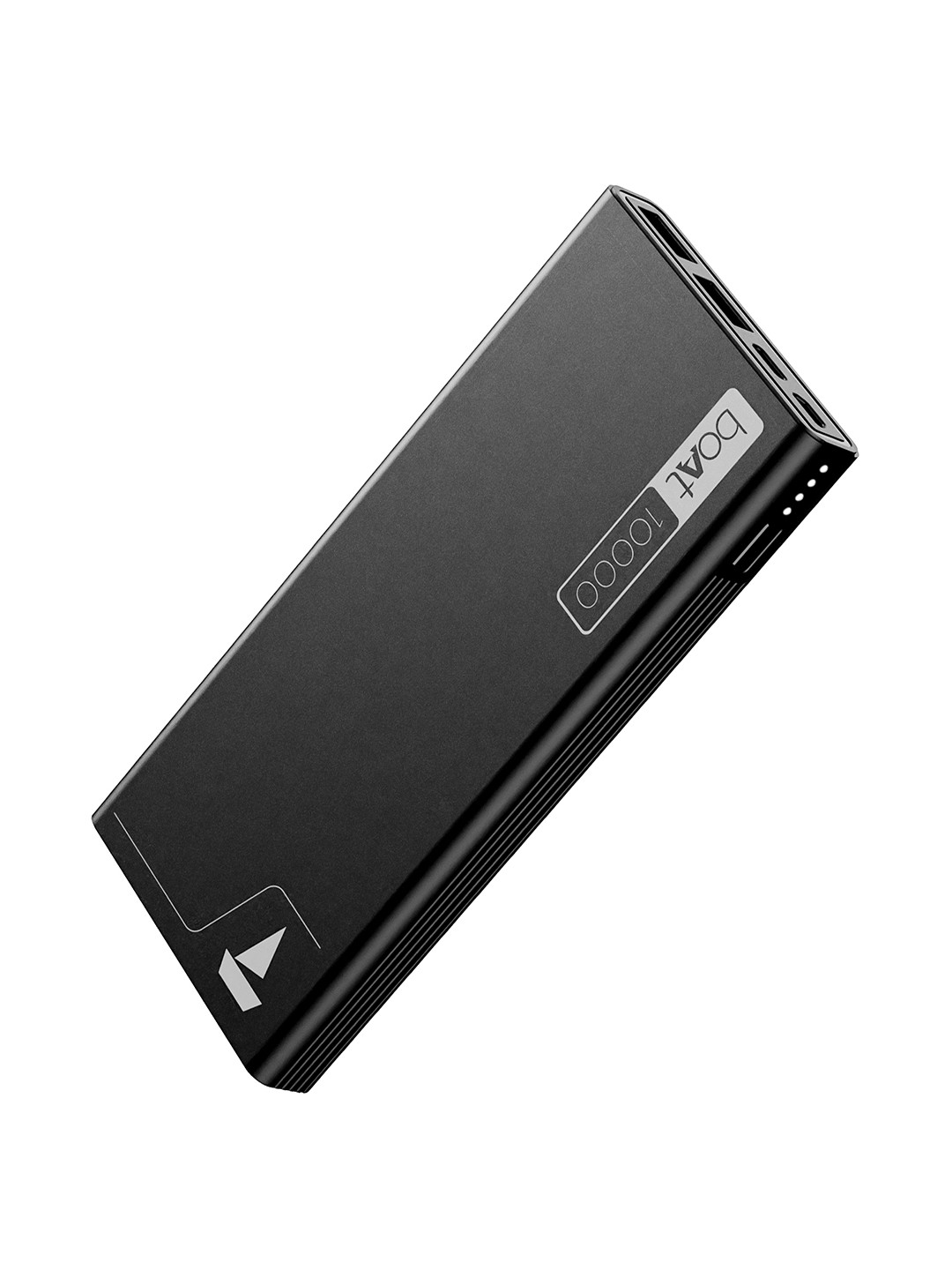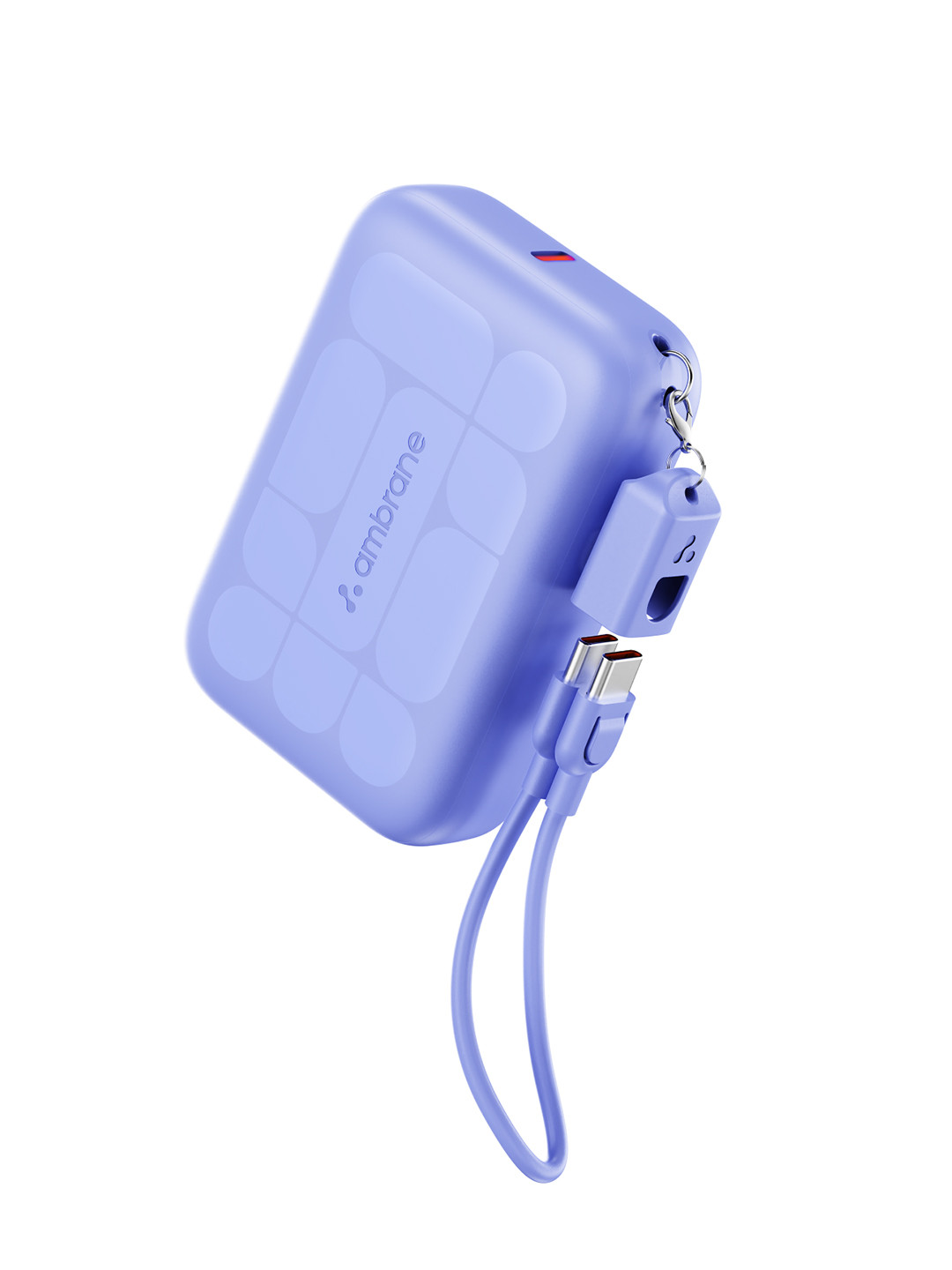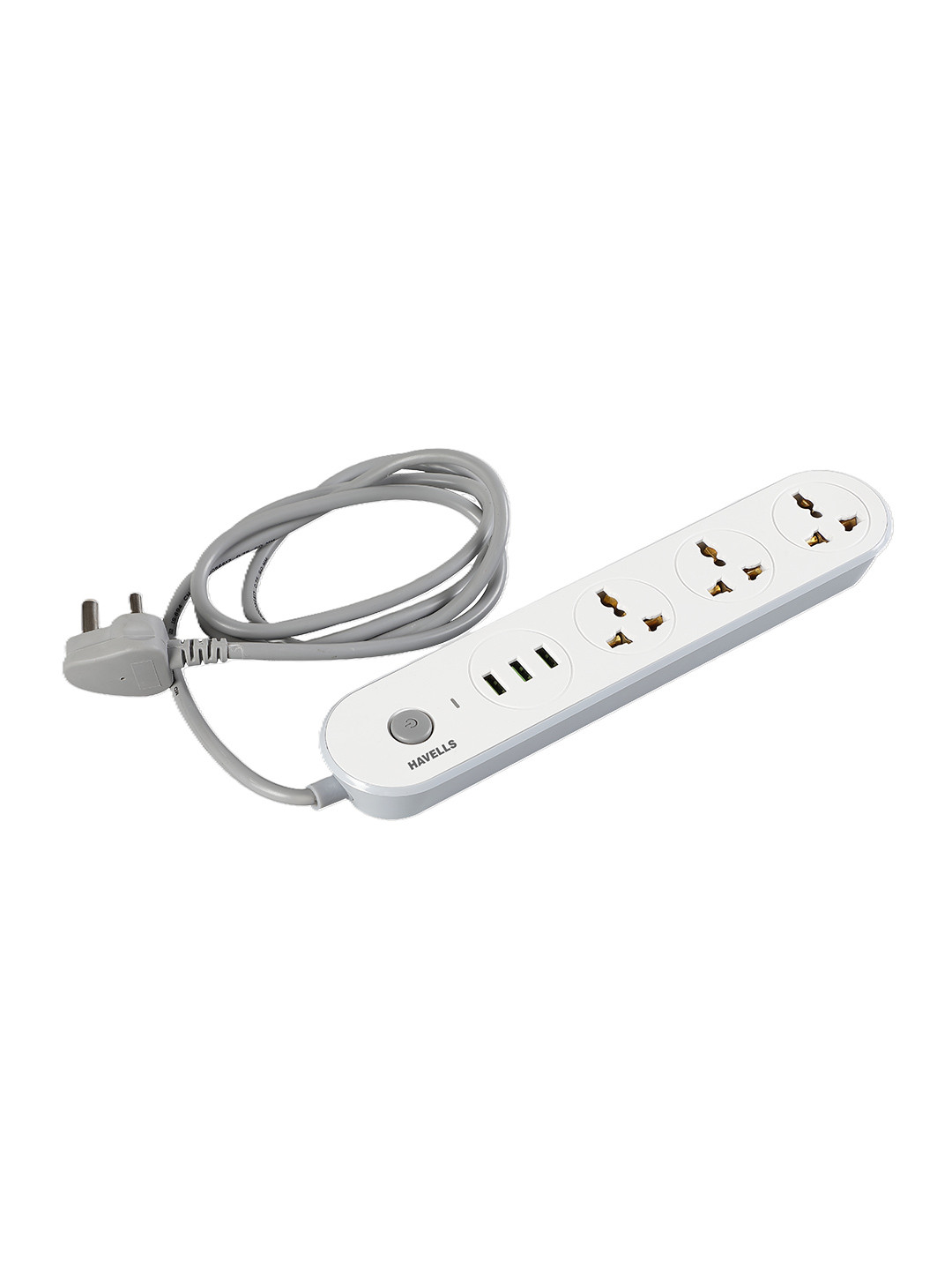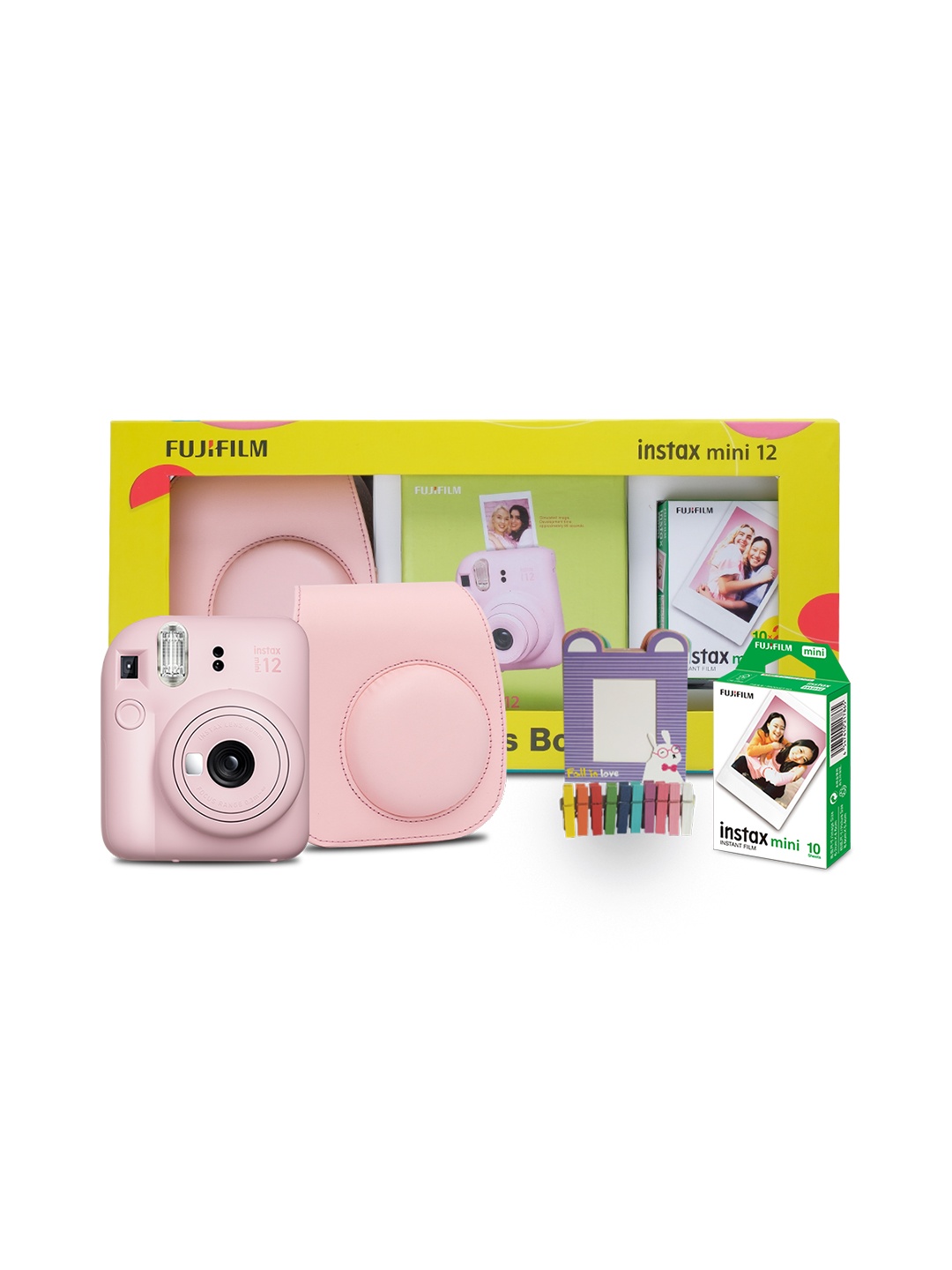Enjoy Warm, Soothing Showers This Winter: 8 Things To Consider Before Buying A New Water Geyser
As the temperature drops and chilly winds creep through your windows, nothing beats the joy of stepping into a warm, soothing shower. But to ensure that your water supply remains reliably heated, choosing the right water geyser becomes crucial.

Top Deals On Geyser From Flipkart
Winter has a special way of transforming ordinary moments into indulgent experiences. The chill outside makes your warm home a haven, and the simple act of stepping into a hot shower feels like a small luxury. But what happens when that warmth falters, leaving you shivering under a cold stream of water? The culprit could very well be your water geyser. For many of us, this trusty appliance is central to maintaining comfort during the colder months. That's why it's essential to select a geyser that suits your needs, is energy-efficient, and above all, won't leave you in the lurch.
Whether you're replacing an outdated model or buying your first geyser, this checklist will guide you through the essential factors to consider. With so many options out there, it's easy to feel overwhelmed. But don't worry by the end of this article, you'll know exactly what to look for when winter-proofing your home with the perfect water geyser.
1. Consider The Size Of Your Home And Family Needs
When selecting the right water geyser, size matters- not just in terms of the geyser itself, but also in relation to your home and the number of people who will be using it. After all, no one wants to wait in line for hot water, especially when it's freezing outside!
Start by assessing how many people live in your home and how often the hot water will be used. A family of four, for instance, will require a larger geyser with a higher storage capacity compared to a single individual. If your household uses multiple showers at once, a higher-capacity geyser (typically around 25-30 litres) will ensure there's always enough hot water to go around.
A smaller geyser, like a 15-litre model, may suffice for a single person or smaller households, while larger families or those with heavy hot water demands will need something bigger. Keep in mind that if you have multiple bathrooms or use hot water for other activities like washing dishes or laundry, the right geyser size will ensure everyone gets their turn at a warm, comforting shower.
2. Energy Efficiency: Save Money, Stay Warm
A common misconception about water geysers is that they always consume a large amount of energy. While it's true that some models are energy-hungry, there are plenty of energy-efficient options that can help you save on those winter electricity bills.
Look for geysers that come with a high energy-efficiency rating, often indicated by a star system. The more stars, the more energy-efficient the appliance. For example, a 5-star rated geyser uses less electricity while providing the same level of comfort, meaning you won't have to dread the arrival of your monthly utility bill.
Another energy-saving feature to consider is the geyser's insulation. The better insulated the unit, the less heat escapes, which means it won't need to keep firing up to maintain water temperature. This results in less energy usage and more money saved in the long run.
3. Choose Between Storage Or Instant Water Geysers
When deciding which water geyser to buy, you'll need to choose between a storage geyser and an instant geyser. Each comes with its own set of benefits, so it's important to weigh the options before making a decision.
A storage geyser is ideal for larger homes or families. As the name suggests, these units store a specific amount of water, typically in a tank, and keep it hot for whenever you need it. Storage geysers offer the convenience of hot water on demand but can take up more space, and they tend to consume more energy as they keep water heated constantly.
An instant geyser, on the other hand, heats water as it flows through, meaning it doesn't store water and heats only what is needed at the moment. These are smaller, more compact units and are perfect for homes with limited space or for those who use hot water intermittently. However, if your household regularly demands multiple showers in quick succession, an instant geyser may not be able to keep up with the demand.
4. Safety Features: Don't Compromise On Protection
Safety is always a top priority when dealing with electrical appliances, and a water geyser is no exception. You want a geyser that will keep you warm, not put you in danger. When evaluating your options, look for geysers with built-in safety features such as:
Thermal Cutoff: This feature automatically shuts off the geyser when the water reaches an unsafe temperature, preventing overheating and potential damage to the unit.
Pressure Relief Valve: Essential for high-pressure areas, this valve prevents the geyser from exploding due to excess pressure, a crucial safety measure that should never be overlooked.
Anti-Siphon Valve: This valve prevents water from flowing back into the geyser once the power is off, protecting against contamination and damage.
These safety features may seem like simple additions, but they can make a world of difference in protecting your home and loved ones from accidents.
5. The Material And Durability Of The Tank
The material used to construct the geyser's tank can directly affect its durability and performance. While a stainless steel tank offers strength and longevity, it may also be prone to rust over time, especially in areas with hard water.
On the other hand, glass-lined tanks are more resistant to corrosion and can withstand the wear and tear of daily use. If you're looking for a model that's built to last, glass-lined tanks often prove to be a wise investment, especially in areas where water quality might be questionable.
Before making your final decision, ensure the geyser has an anti-corrosive coating, as this can significantly prolong its life. Additionally, check the warranty period for the tank—longer warranties often indicate that the manufacturer is confident in the product's durability.
6. Look For Smart Features And Remote Control Options
We live in a world where smart technology is increasingly becoming part of our daily lives, and water geysers are no exception. Many modern geysers come with features that allow you to control them remotely, either through a dedicated app or voice-controlled assistants like Alexa or Google Home.
Imagine being able to set your geyser to heat water before you even step out of bed on a frosty winter morning. Or, being able to adjust the temperature from the comfort of your couch without getting up! These smart features aren't just convenient—they can also help you save energy by enabling you to schedule heating times and control temperatures based on your actual needs.
7. Climate Considerations: Know What's Best For Your Area
The climate where you live plays an important role in the type of geyser that will serve you best. For example, if you live in an area with extremely cold winters, you may want to opt for a geyser with better insulation to keep water heated for longer periods. Additionally, high-altitude areas often experience pressure fluctuations, so a geyser with a good pressure management system might be necessary.
Moreover, certain regions may experience hard water issues, which can lead to mineral build-up and affect the geyser's performance over time. In such cases, choosing a geyser with a built-in anti-scale feature or investing in a water softener can save you from costly repairs in the future.
8. Budget: Balancing Cost And Quality
Finally, your budget will inevitably play a role in your decision-making process. While it can be tempting to go for the cheapest option, it's important to strike a balance between affordability and quality. Opting for a low-cost geyser may save you money upfront, but it could end up costing you more in repairs or higher energy bills in the long run.
Investing in a quality geyser with a longer warranty, better energy efficiency, and advanced features could ultimately save you money and provide peace of mind. Remember, a water geyser is an investment in comfort—so spend wisely, but don't skimp on the features that matter most for your home.
Products Related To This Article
1. Orient Electric 5.5 L Instant Water Geyser
2. Crompton 5 L Instant Water Geyser
3. V-Guard 5 L Instant Water Geyser
4. Crompton 25 L Storage Water Geyser
5. BAJAJ 25 L Storage Water Geyser
6. HAVELLS 3 L Instant Water Geyser Color Changing LED Indicator, Rust And Shook Proof
7. Hindware Smart Appliances 3 L Instant Water Geyser
8. BAJAJ 15 L Storage Water Geyser Suitable for large wall spaces
Winter is a time for comfort, warmth, and cosiness and the right water geyser can be the key to unlocking that winter bliss. By carefully considering factors like size, energy efficiency, safety features, and durability, you can ensure that your geyser will keep your home warm and your family safe throughout the colder months. Take the time to research, compare, and choose a model that meets your specific needs, and you'll be set for a winter full of warm showers, soothing baths, and the joy of coming in from the cold.
Disclaimer: The images used in this article are for illustration purpose only. They may not be an exact representation of the products, categories and brands listed in this article.












